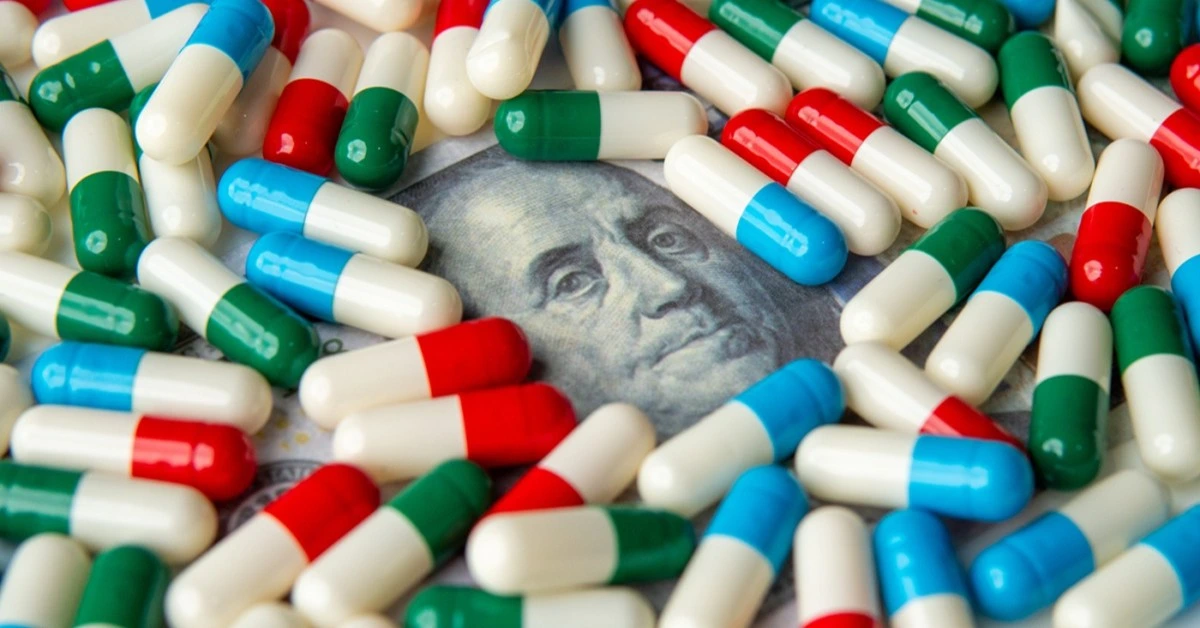
USA – The United States government has officially kicked off a national security investigation into pharmaceutical imports — a move that could soon lead to new tariffs on medicines and medical ingredients brought in from overseas.
This step, announced through a Federal Register notice by the U.S. Department of Commerce, activates a Section 232 investigation starting April 1.
These types of investigations assess whether imported goods pose a risk to national security, and if the government should take steps like imposing tariffs or import limits.
The investigation will review not only finished drugs (both generic and brand-name) but also critical materials like active pharmaceutical ingredients (APIs), key starting materials, and medical countermeasures.
The move signals a growing urgency within the White House to bring drug manufacturing back to U.S. soil.
Under U.S. law, the Commerce Department has 270 days to deliver its final report to the White House. However, the public comment window is just 21 days, showing that the process may be moving more quickly than usual.
Commerce Secretary Howard Lutnick recently reinforced the urgency in an ABC News interview, stating that pharmaceuticals and semiconductors are two sectors the government wants to protect with “sector tariffs.” These would be non-negotiable, unlike typical reciprocal tariffs.
“We cannot be relying on China for fundamental things that we need,” Lutnick said. “Our medicines and semiconductors need to be built in America.”
So far, pharma imports have mostly been spared from the broader tariffs introduced by the Trump administration, which include a 10% flat rate on general imports and up to 145% on Chinese goods. China responded with a 125% tariff on American exports.
But that could soon change
President Trump, speaking to reporters in the Oval Office, pointed out that many U.S. drug manufacturers have moved their operations abroad.
“We don’t make our own drugs anymore. The drug companies are in Ireland, in lots of other places — China — and all I have to do is impose a tariff. The more, the faster they move here,” he said. He added that tariffs on drugs are coming soon, although he did not give a specific date.
In 2024, the U.S. imported US $213 billion worth of pharmaceutical products, a figure that has more than doubled over the past decade.
Much of this supply comes from countries like China and India, which are leading producers of APIs and generic medications.
Analysts warn that placing tariffs on these imports could raise medicine prices in the U.S., especially for generic drugs.
For some medications, there may be no American-made alternatives, potentially creating supply issues and access challenges.
XRP HEALTHCARE L.L.C | License Number: 2312867.01 | Dubai | © Copyright 2025 | All Rights Reserved